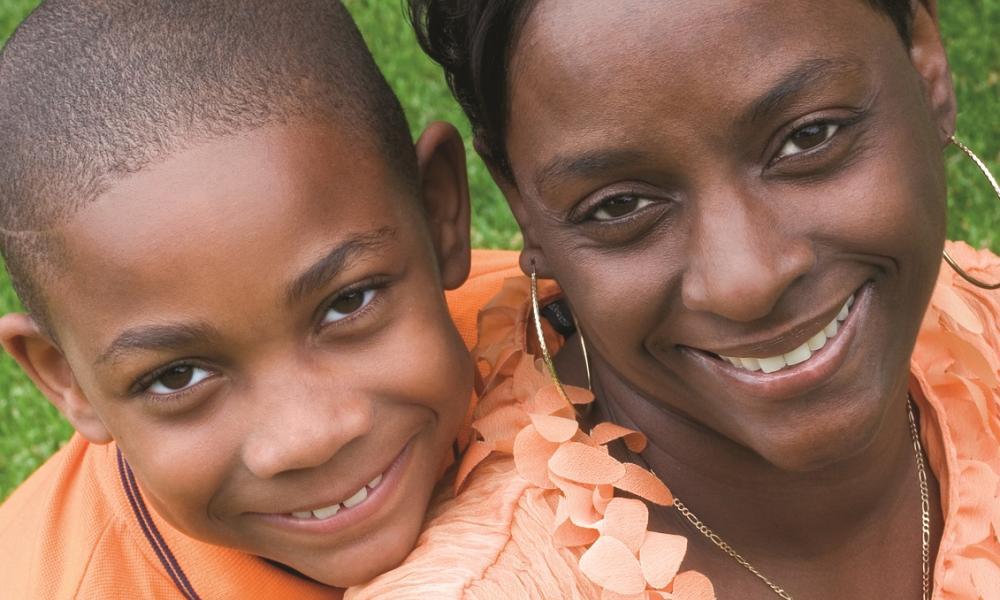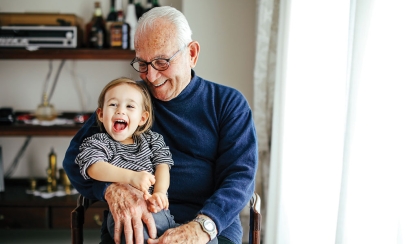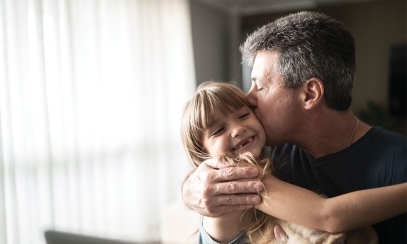
My Child is NOT My Best Friend
How Being a Parent is Different From Being a Friend
How Being a Parent is Different From Being a Friend
I enjoyed watching Jessica Fletcher of Murder She Wrote solve crimes, and now I watch Monk, so I was a willing participant when my son Ryan wanted to analyze my fingerprints after dinner. The “maggot tales” from his high-school forensics class had to wait until we were far from the table, however! For the final exam, students searched for clues in a “crime scene.” Later, I learned that the case involved a murder victim who had been running a lucrative pornographic video business. Distasteful clues to the victim’s hidden life had been planted for students to discover. I decided to contact school officials about the final, much to my son’s dismay. But parents and their teenage children aren’t friends, as much as we love each another.
Parents and friends have different types of relationships.
Parents and children have a hierarchical relationship. There is a difference in authority, and sometimes parents make difficult decisions in their children’s best interests; remember those first vaccinations? Throughout their lives, our children will interact with others in hierarchical relationships, such as supervisors at work. With friends, we interact as equals. Each type of relationship is enriching.
Everyday life issues involve limits.
Many bids for independence are negotiated. As “friendly” as these discussions are, parents still set limits. Daily life helps us realize that we are parents, not friends. The cleanliness of a teen’s bedroom is often a sore spot. Whose space is this anyway? Listen and be ready to compromise. For example, some clutter might be OK, but bug-attracting leftover food might not be. Set consequences that you won’t be too tired to enforce!
Activities of teens need to be monitored.
As they get older, teens make more decisions. It helps them become competent adults. Experience can be a great teacher when something doesn’t work and you, as parent, are there to help fix it. To become self-reliant, a person makes choices. But this takes place within parental safety limits. When parents don’t monitor the activities of their teens, because of indulgence (we’re like best friends!) or indifference, then it is actually more difficult for teens to mature.
Proverbs (29:17) says, “Discipline your son, and he will give you peace; he will bring delight to your soul.” Encourage your adolescents to walk in the light and to listen for the whisper of the Holy Spirit in their lives.



